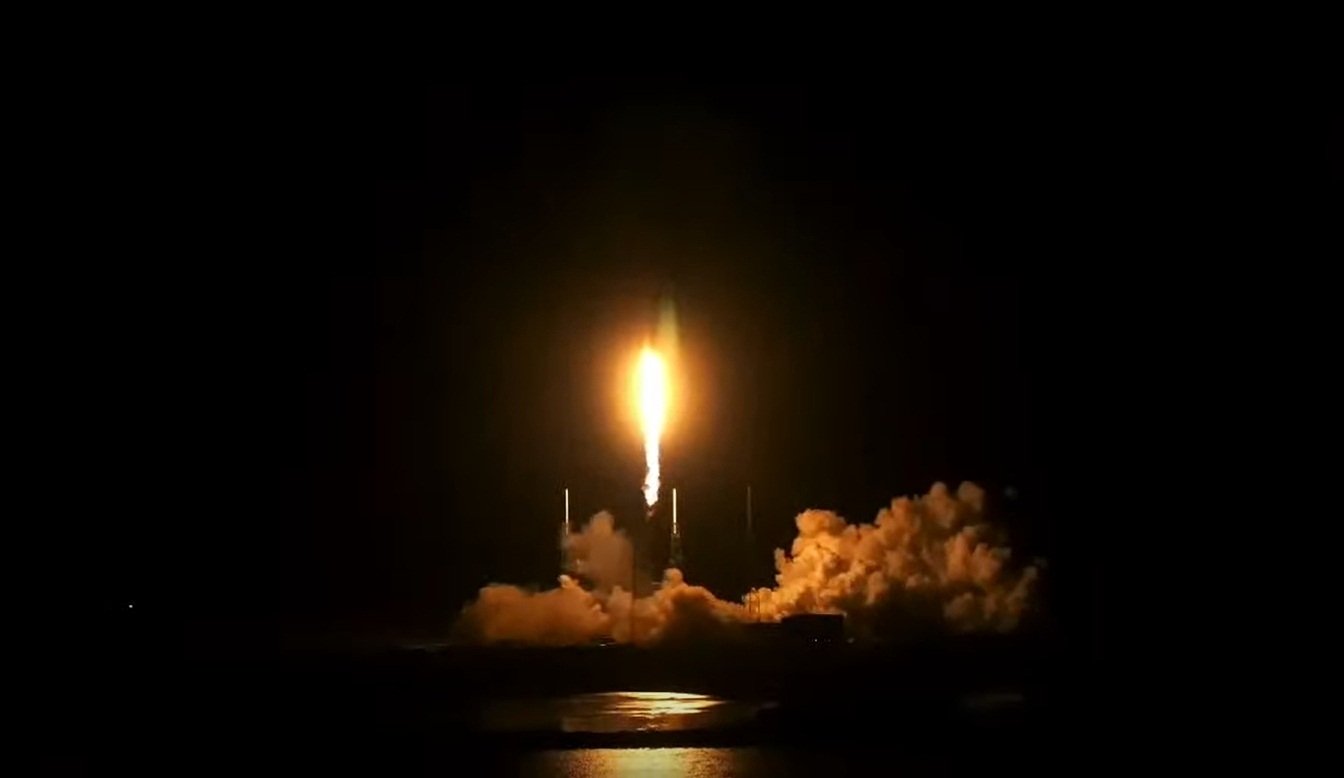Washington, April 8 – The US space agency on Saturday launched a powerful new instrument into space to track air pollution, which would provide unprecedented resolution of monitoring major air pollutants.
The Tropospheric Emissions: Monitoring of Pollution (TEMPO) instrument will improve life on Earth by revolutionising the way scientists observe air quality from space.
“The TEMPO mission is about more than just studying pollution — it’s about improving life on Earth for all. By monitoring the effects of everything from rush-hour traffic to pollution from forest fires and volcanoes, NASA data will help improve air quality across North America and protect our planet,” said NASA Administrator Bill Nelson.
NASA’s TEMPO launched from Cape Canaveral Space Force Station in Florida atop a SpaceX Falcon 9 rocket.
From a fixed geostationary orbit above the equator, TEMPO will be the first space-based instrument to measure air quality over North America hourly during the daytime and at spatial regions of several square miles — far better than existing limits of about 100 square miles.
The data will play an important role in the scientific analysis of pollution, including studies of rush hour pollution, the potential for improved air quality alerts, the effects of lightning on ozone, the movement of pollution from forest fires and volcanoes, and even the effects of fertiliser application.
“NASA makes data from instruments like TEMPO easily accessible to everyone,” said Karen St. Germain, division director for NASA’s Earth Sciences Division.
TEMPO’s observations will dramatically improve the scientific data record on air pollution — including ozone, nitrogen oxide, sulfur dioxide and formaldehyde — not only over the continental US, but also Canada, Mexico, Cuba, the Bahamas, and part of the island of Hispaniola, said NASA.
From its geostationary orbit, TEMPO also will form part of an air quality satellite virtual constellation that will track pollution around the Northern Hemisphere.
“This marks a new era in our ability to observe air pollution over North America, including the entire continental US,” said Barry Lefer, TEMPO programme scientist.











